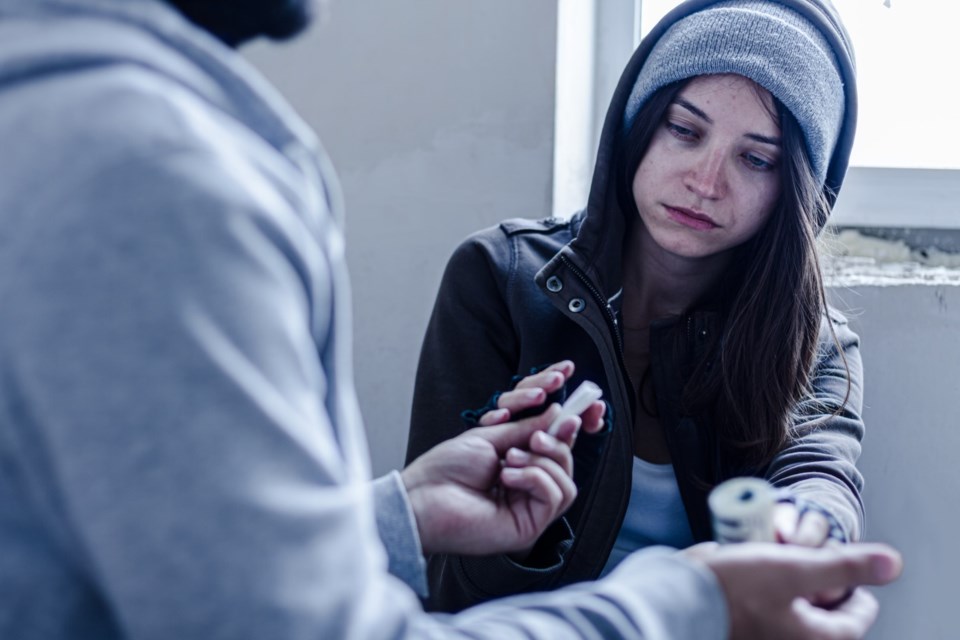REGINA — The Government of Saskatchewan is working with community-based organizations and the Saskatchewan Health Authority on an initiative to help reduce the risk of harm for people who use drugs.
Funding is being provided for Fourier-transform infrared (FTIR) spectrometres, better known as drug-checking devices. The spectrometres identify what is in a drug and can alert people who use drugs if there are other contaminants, such as fentanyl, and, if so, how much it contains. This allows people to take action to reduce the risk of overdose.
People who use drugs often do not know if they are contaminated. For example, fentanyl may be present and cannot be seen, smelled or tasted, increasing the risk of harm, according to a government press release.
The spectrometres are owned by the Saskatchewan Health Authority and are located at Newo Yotina Friendship Centre's overdose prevention site in Regina and Prairie Harm Reduction's supervised consumption site in Saskatoon.
“The FTIR is a valuable tool for us to use in harm reduction education, substance use awareness and to assist us in fighting the overdose crisis,” Newo Yotina Friendship Centre Executive Director Teresa Innis said.
“People will be able to make a more informed decision on the drugs they choose. Along with the results, the harm reduction team can give advice on how to proceed with safer use or on how to dispose of the substance safely.”
The drug-checking test is free and anonymous. Results are available within about 10 minutes.
People who use drugs can also access fentanyl and benzodiazepine (benzo or benzos) drug-checking strips for home use. Test strips only check if fentanyl or benzos are present in the portion of the drugs tested. They do not detect other drugs and do not tell you the amount of fentanyl or benzo present in the substance. Take-home test strips are available at over 30 locations across the province. To find the closest location, visit saskatchewan.ca/overdose.
The Ministry of Health asks all those using street drugs to not use alone. Go to an overdose prevention or supervised consumption site, use the buddy system or call the National Overdose Response Service (1-888-688-6677). Naloxone kits to reverse opioid overdoses are available throughout the province. Visit www.saskatchewan.ca/opioids for more information.
Call 911 in the event of an overdose. Under the Good Samaritan Act, you will not be charged for possession of an illegal substance if you are calling for assistance during an overdose.




